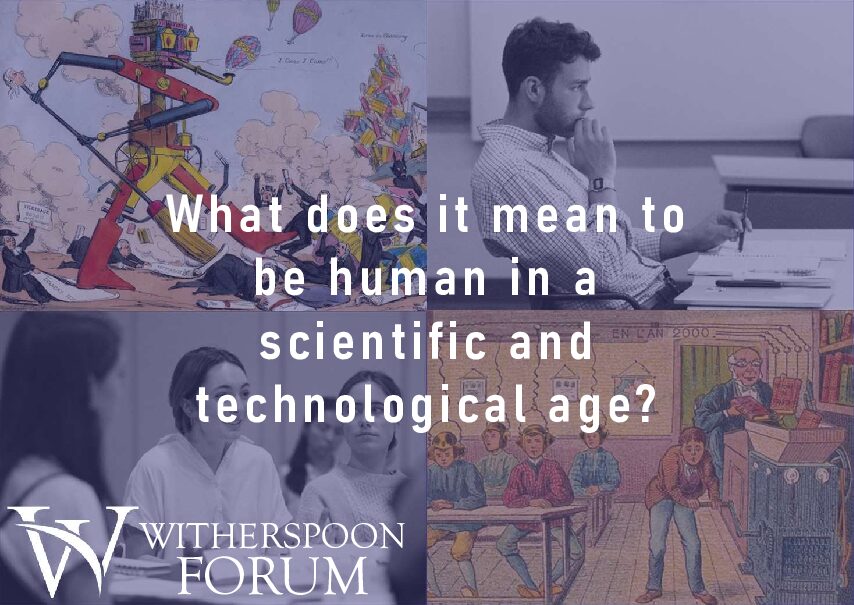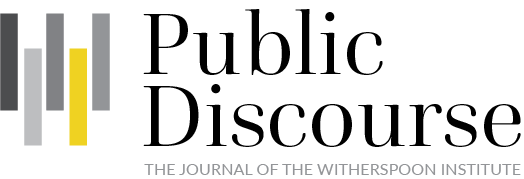The Witherspoon Forum provides a space for high school sophomores, juniors, and seniors who are serious about their studies to discuss foundational questions of human existence and contemporary cultural issues in dialogue with their peers and Witherspoon’s seminar leaders. No subject matter expertise is expected, and no grades are assigned. Instead, the Forum seeks to foster rigorous conversation, meaningful reflection on fundamental questions, and intellectual friendship in an interdisciplinary setting.
Continuing the theme of “Minds and Machines” that began in the fall, the three Witherspoon Forum Spring seminars will explore how to understand and retain human agency in the technological age. Interested students should apply here. Applications are accepted on a rolling basis.
“Are My Genes Too Tight?” An Exploration of Genetic Engineering and Human Freedom
January 21st, 28th, and February 4th — 7:00PM EST
Led by Dr. Janet Madigan
Ever since the Enlightenment, modern man has looked to science to help unravel the mysteries of human existence. While science has opened innumerable vistas for exploring the nature of reality, untethered from its grounding in objective truth, it leads to scientific materialism, or the notion that all things can be explained as a product of physical and chemical processes. The result, ironically, is not an expanded view of reality, but a cramped one, since the human soul cannot be understood in the same way as the material world. The field of genetic engineering provides an illuminating look at the role of science at the juncture of human possibilities and limitations. Have scientific advances helped us to better understand human nature? Can we as human beings reconfigure our bodily reality without affecting our souls in the process? Are humans inherently autonomous or social? If the latter, would our ability to manipulate our genetic identities change the relationship between science and politics? If so, how?
Using excerpts from C.S. Lewis’s The Abolition of Man as a springboard, we will explore these questions through engagement with classic texts from Plato, Rousseau and Huxley along with contemporary articles in bioethics and politics.
The Surveillance State and Society
February 19th, 26th, and March 5th — 7:00PM EST
Led by Dr. Luke Foster
How do we retain our humanity in the Information Age? What practices and institutions from the pre-computing world can guide us when social media proposes to replace socializing? All three of our authors in this series—Vonnegut, Hayek, and Lewis—lived through the civilizational cataclysm of World War II, and all of them took seriously the possibility that vast computing power would be used in an attempt to rationally organize entire societies. Today their worries seem to have been realized by the capacity of Big Tech to aggregate the data of billions of people, in collaboration with governments. Drawing on these texts, we will discuss how to master our tools rather than be mastered by them.
Transhumanism and Death
March 18th, 25th, and April 1st — 7:00PM EST
Led by Dr. Charles Rubin
A longing for immortality is a widespread human trait, but today’s transhumanists have transformed it into what they claim is a practical program for (at least) radical extension of the human lifespan. How would putting off death into an indefinite future reshape how we live and understand our lives? Would freedom from death be the greatest of liberations, or would it compromise the possibility of human happiness?



